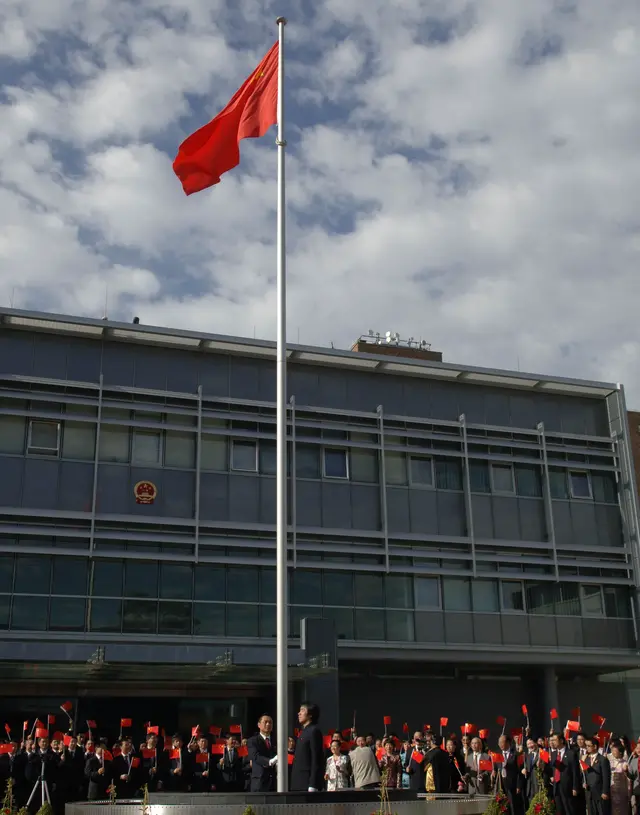China has requested consultation with the US under the WTO Dispute Settlement Understanding concerning Trump’s decision to levy blanket steel and aluminum tariffs on Chinese imports, said the Chinese Ministry of Commerce on Thursday.
On March 8, Trump announced that the US will impose a 25-percent tariff on steel imports and a 10-percent tariff on aluminum imports under Section 232 of the Trade Expansion Act of 1962, with exemptions for Canada and Mexico.
“The US imposes the tariffs on some WTO members, including China, while selectively excluding some countries and regions. This practice is a serious violation of the non-discrimination principle of the multilateral trading system,” said the Ministry of Commerce.
"It also severely violates US’s tariff reduction commitments and the rules for application of safeguard measures under the WTO. And it undermines the legitimate rights and interests of China as a member of the WTO.”
In view of the US’s refusal to negotiate compensation, China initiated a dispute settlement procedure to defend its legitimate rights and interests.
Following China's request, a dispute settlement proceeding has been formally invoked.
Trump’s tariffs use the “national security” power provided for by Section 232 to justify “protectionism”, noted the Ministry of Commerce.
Although apparently intended to help US steel and aluminum makers, the tariffs could lower profits for US companies making everything from pickup trucks to canned soup, as well as increasing prices for consumers.
It is wrong to think trade deficits are always bad and Trump's zero-sum game view of trade is obviously distorted.
Section 232 has not been used in the US since the WTO was established in 1995.
The WTO allows a national security exemption from its rules, but it has never been used as a defense in a trade dispute.
A dispute involving so called “national security” would threaten WTO discipline, since other countries would probably follow suit and use it to justify their own claims to be exempt from the rules.
(CGTN)
 简体中文
简体中文

